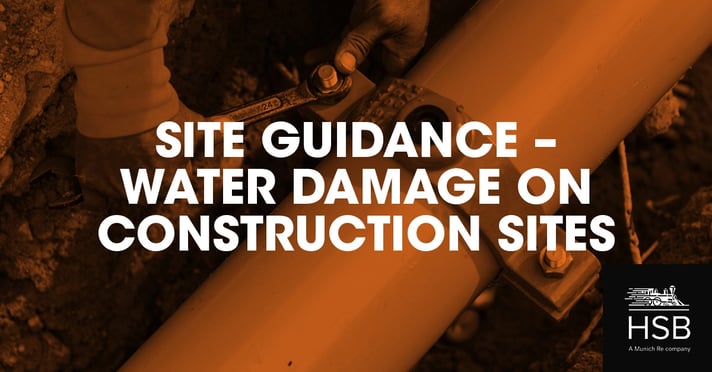Water damage is the second most frequent cause of loss during building projects
Water damage represents a large percentage of Construction All Risk (CAR) claims. Water damage occurs in large and small projects alike and it can bring an entire construction project to a halt.
It can ruin interiors, spur the growth of mould and damage electrical equipment. It can result in construction delays as affected areas dry out and damaged materials are discarded and replaced. It can reduce profit and add significant delays to completion schedules through clean up and replacement times.
The contractor will pay at least some of the costs out of their own pocket in the form of deductibles, debris removal costs that exceed the insurance coverage, and income lost due to delays even when insurance applies to the loss. Preventing water damage claims adds to a contractors bottom line.
With a focus on reducing construction defects, most water losses are preventable. Preventing water damage is critical to a construction business owner, even if insurance is in place. Losses can include property damage, debris removal, re-work and delay costs, not to mention the damage to reputation.
It generally costs very little to prevent water damage and primarily requires a focus on quality, planning and testing throughout the construction process.
To read the full guidance from HSB, download a copy of this document here.
About HSB
HSB’s specialist underwriting in the UK and Ireland covers a broad range of risks including construction, cyber, computer, equipment breakdown and energy efficiency.
Built on a foundation of specialist insurance, engineering and technology, HSB is a global provider with over 150 years of technical risk knowledge and experience that sets the standard for excellence worldwide. Part of Munich Re, HSB is rated A++ (Superior) by A.M. Best Company.
Further information can be found at: www.hsbeil.com
Disclaimer
*The guidance in this document refers to industry best practice loss control advice. Adoption of the advice contained within this document does not imply compliance with industry, statutory or HSB guidelines, nor does it guarantee that losses will not occur.
For more information, please contact us.


Have your say